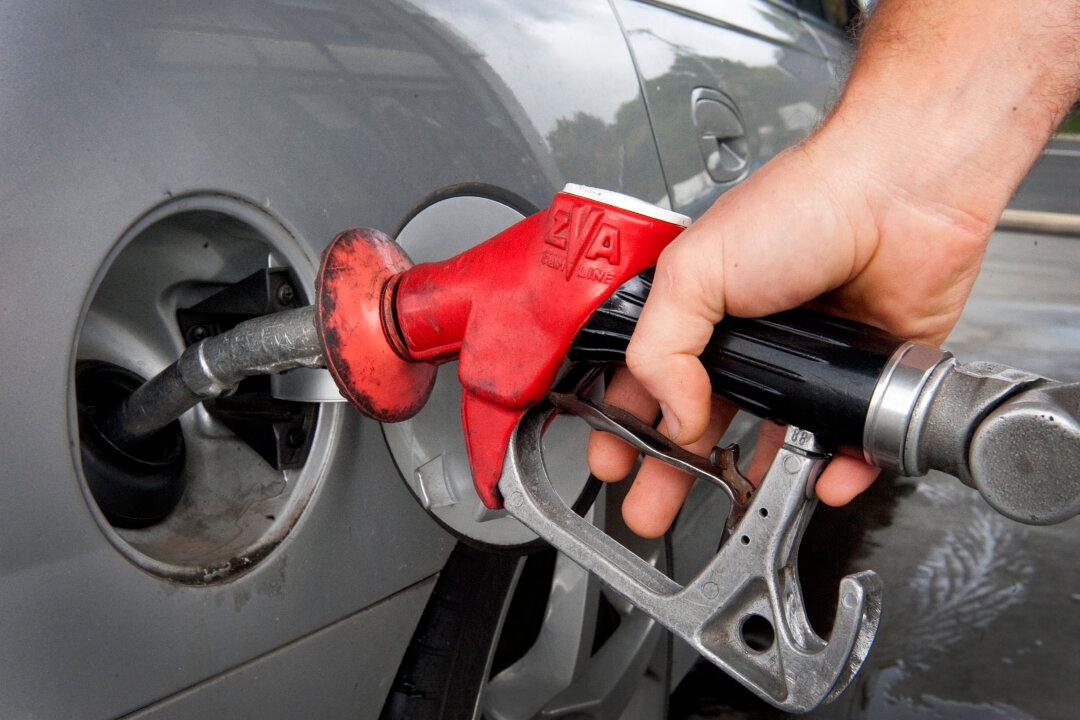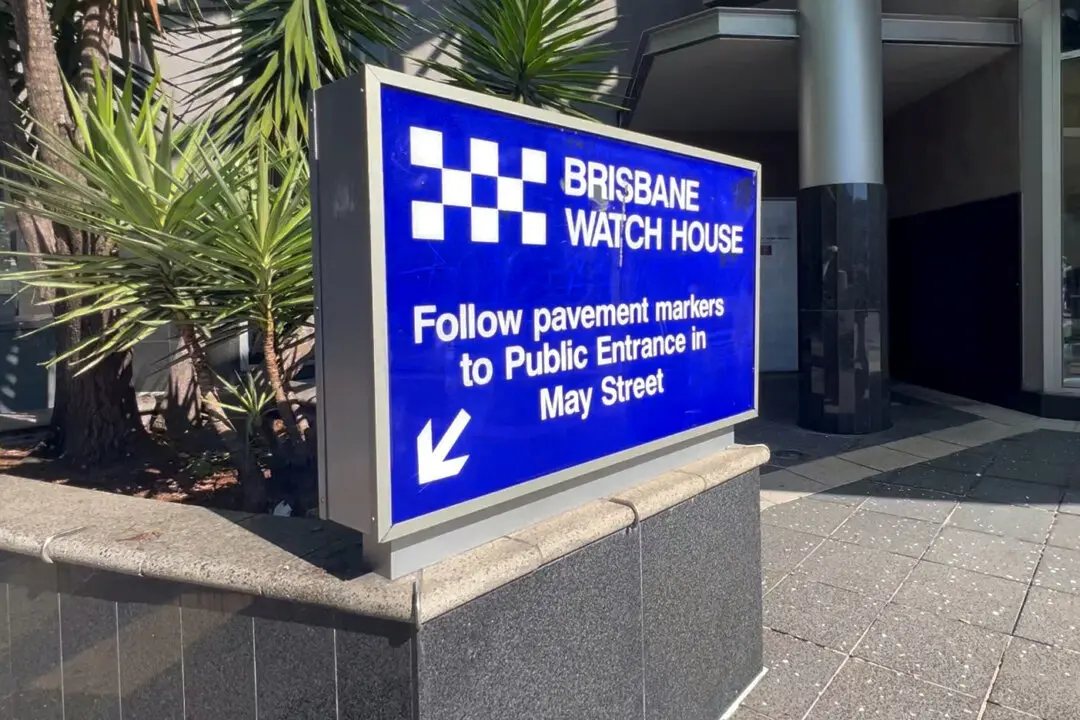Australia has gotten off relatively lightly after the Trump administration unveiled its “Liberation Day” global tariffs, despite lobbying from U.S. companies for more stringent taxes on Australia.
Dubbed “Liberation Day,” the April 2 announcement revealed a global baseline 10 percent minimum tariff on about 75 countries on all goods heading into the United States—several countries were singled out for much higher rates.





